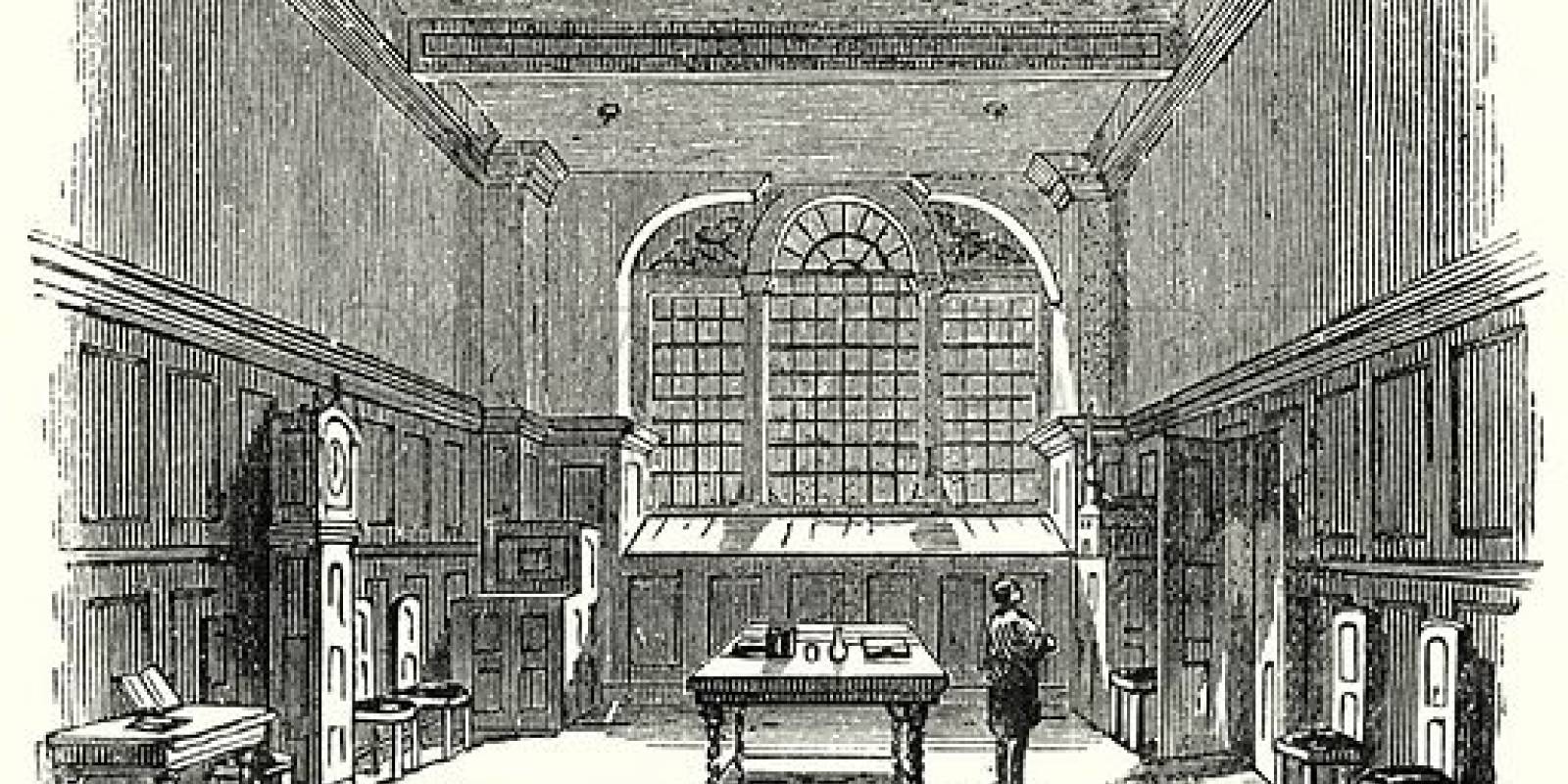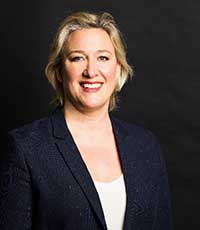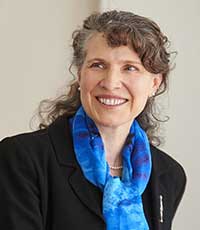The Church of England is a church “by law established” with a long history. Some of its decision making is done by courts applying the law of the land as it concerns the church.
Each diocese has a court which exercises control over any changes to certain types of church land and buildings, including many churches and churchyards. This is known as the ‘consistory court’ (or, in Canterbury diocese, the ‘commissary court’). The consistory court issues ‘faculties’ which are permissions authorising physical and other changes to buildings and land which are ‘consecrated’ – i.e. set aside for the worship and service of God by a legal act known as ‘consecration’.
Changes to cathedrals are dealt with separately by a body called the Cathedrals Fabric Commission for England.
Allegations of misconduct by members of the clergy are dealt with in bishops’ disciplinary tribunals (or the vicar-generals’ courts in the case of bishops and archbishops).
Occasionally, there is an appeal from a consistory court or a disciplinary tribunal. Appeals are heard by different courts, depending on the subject matter of the case. Most appeals are heard by the Court of Arches in the Province of Canterbury and the Chancery Court in the Province of York, but, very rarely, faculty or disciplinary cases involve a matter of doctrine, ritual or ceremonial and appeals in those cases are heard by the Court of Ecclesiastical Causes Reserved. The final courts of appeal are, from the Arches and Chancery Courts, the Judicial Committee of the Privy Council and, from the Court of Ecclesiastical Causes Reserved, a Commission of Review. No cases have, in fact, gone to the Privy Council or a Commission of Review in modern times and the Court of Ecclesiastical Causes Reserved has only sat twice.
Chancellors
Each consistory court is presided over by a judge known as the ‘chancellor’ who is appointed by the diocesan Bishop, having been approved by the Lord Chancellor. Most chancellors also appoint deputies to assist them in their work either generally or on specific cases. Chancellors and their deputies are part time judges who are paid statutory rates for the work they undertake.
A chancellor must by law be a communicant member of the Church of England, and must generally meet the criteria for appointment as circuit judge in the secular courts – basically, this means experienced judges and other adjudicators, barristers and solicitors and those who have worked in legal education, as academics and people who have worked in the voluntary legal sector. But subject to those legal requirements, appointment is open to all and is not restricted to those of any particular area of secular practice or educational background. Chancellors are the King’s judges and, like their secular colleagues, they take the judicial oath, as well as an oath confirming their belief in the Christian faith as set forth in the Bible and the Church of England’s historic formularies – the thirty nine articles of religion, the book of common prayer and the ordinal.
Set out below is a selection of the profiles of current chancellors and deputy chancellors, some of whom also sit as panel members in Clergy Discipline Tribunals.
The Church of England, and the Ecclesiastical Judges Association, are keen that there should be no barriers to the appointment of chancellors and deputies on merit from a diverse range of backgrounds.
Potential applicants for these roles, especially those from historically disadvantaged and under-represented groups are encouraged to contact [email protected] to obtain details of the mentoring and support available to aspiring chancellors and deputies.
Chairs of Clergy Disciplinary Tribunals
Clergy Discipline Tribunals are comprised of a legally qualified chair who sits with two clergy members and two lay members. They hear complaints about serious misconduct made against clergy when such complaints have been referred by the President of Tribunals to a tribunal hearing. The President and Deputy President must be people qualified to be appointed as circuit judges, although the President has always been a Judge of the Court of Appeal and the Deputy a serving judge.
The current President is Dame Sarah Asplin, who is a Lady Justice of Appeal and her Deputy is HHJ David Turner KC.
Appellate judges
The permanent judge of the Court of the Arches/Chancery Court is called the Dean of the Arches and Auditor. When sitting in the Court of Arches or Chancery Court, the Dean/Auditor is joined by two chancellors in faculty appeals and, in disciplinary appeals, two clergy members and two lay members drawn from an appointed panel.
There are two Vicars General, one each for the Provinces of Canterbury and York. Like the Dean/Auditor, the Vicars General are ex-officio members of General Synod. Their courts deal with an important aspect of the legal process of appointing bishops known as ‘confirmation of election’. They also hear clergy discipline complaints involving bishops or archbishops.
Notices
Chancellors, Deputy Chancellors and Tribunal Chairs have been saddened by news of the death of Araba Taylor in December 2023. Araba was a Tribunal Chair, Deputy Chancellor of the Diocese of Southwark and Deputy Commissary of the Diocese of Canterbury. She will be greatly missed. May she rest in peace.







